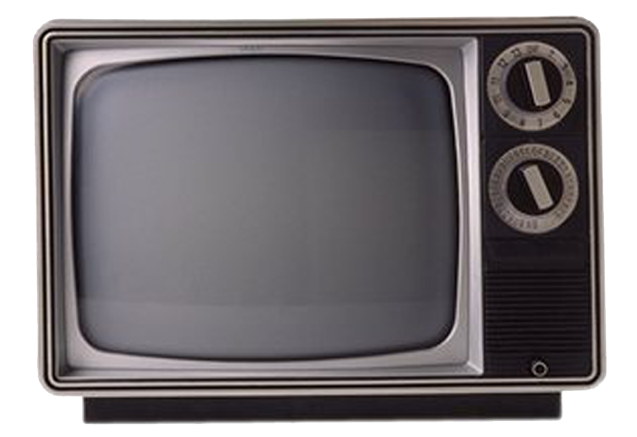If you asked me what the biggest change in home theater has been in my ten years at The Solid Signal Blog, I would have an easy answer. Streaming barely existed in 2011 and today, it’s as dominant as over-the-air TV. There’s no more proof of that than the “upfronts” from the past week, where TV networks tell us what’s to come.
A look back at 2011
In 2011, YouTube was barely six years old, and the idea of monetizing it was still incredibly new. Still, it was the dominant form of streaming video. It was practically the only form of streaming video. Hulu had been around about three years but was still considered a source for old TV shows. Most people used its free tier. I know I did.
Netflix had streaming, but it was considered experimental. You got it for free with your DVD subscription. That would change toward the end of the year, when Netflix tried to separate its disc subscriptions from its streaming ones. Many people, myself included, thought this move was too early. After losing a lot of value, Netflix gave up its strategy, at least in the short term.
There was streaming hardware out there, for sure, but it was primitive compared to today, and there were at most 20 streaming apps. Most were tied to broadcast or cable networks and provided replays of shows you might have missed.
It wasn’t until 2012 that Netflix debuted its first original show, which barely made a dent in people’s consciousness.
And now, in 2021
Today, we stream and we watch, and we don’t give any thought to how the video gets to us. We still watch live, but our live viewing tends to center around sports, drama, and unscripted TV. Comedy and movies, once staples of broadcast TV, are almost completely absent now. Here’s the proof: there is but a single new comedy on the fall schedule from all of ABC, CBS, Fox, and NBC and it’s not even a 30-minute sitcom.
It seems that we want to stream our comedies, not watch them live. Perhaps it’s because comedy lends itself more to the bingewatching format, or perhaps it’s because as a culture we’re more drawn to comedies with subject matter not suitable for broadcast. Whatever the reason, there’s nothing terribly happy going on over at the broadcast networks
More of the same doesn’t even begin to describe it.
CBS’ biggest news is that they are juggling their stable of one-hour dramas around. There’s another FBI, another NCIS, and another CSI. If you want crime shows, CBS has you covered. And realistically, that’s about all they have this year.
NBC supposedly does have some comedies to come midseason, but they’re entering the fall doing the best they can to mimic CBS’ crime franchise success. This is obviously the kind of TV that people watch live, although it’s not to my taste. Oh, and they still have The Voice.
A broadcast executive once told me that the business is cyclical, and that it’s always someone’s turn to be at the bottom. It seems like ABC is taking on that role now, with nothing buzzworthy to report on. Their big news is The Wonder Years, a reboot of the show from the 1980s about the 1960s. This time it’s still in the 1960s, but in an oh-too-2020s twist, it now follows the experience of a Black family. Good representation and it might be a good show, but it really seems like ABC took the path of least resistance here.
Fox, on the other hand, has leaned into live sports, reality and animation so heavily that there’s barely time for any other shows.
There’s still a lot to love about broadcast…
and that’s especially true if you’re over 35. (Waaay over 35, preferably.) There’s nothing wrong with a short-term strategy of programming for grownups, and that seems to be what all four networks are doing. They’re giving broadcast TV to the generations that grew up watching it. At least for the moment there’s no attempt to attract young millennials or Zoomers at all. And in the short run, that’s going to work for them.
I don’t know what it says about the future of live TV, but broadcast television has never been about planning for the future. They’ve always been about mining profits for today and letting tomorrow worry about itself. Things may change, perhaps a decade from now. When older boomers are less interested in watching anything and the first GenXers are staring down the barrel of social security, we’ll see a change in how broadcasters market live TV. But for now, what’s so wrong with watching TV that’s actually appealing? I just wish there were a tiny, tiny bit more originality and maybe another sitcom or two.





